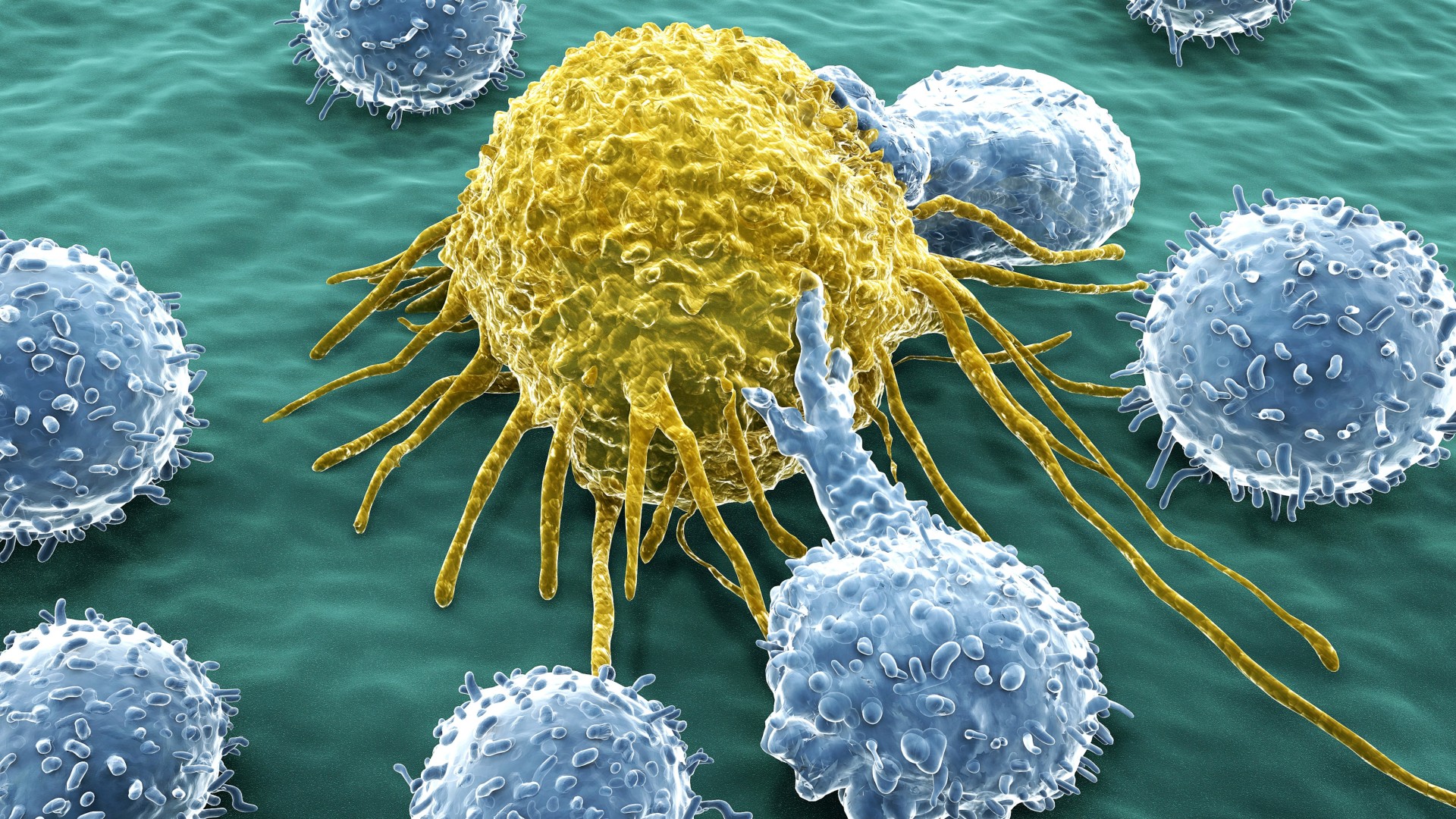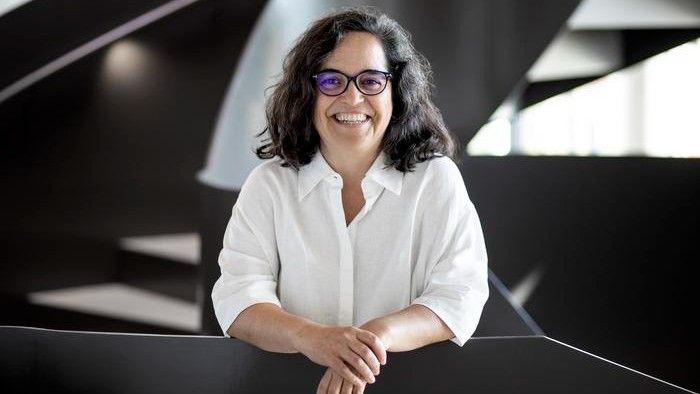Four renowned biologists are among the ten scientists to have received the prestigious prize Gottfried Wilhelm Leibniz Prize for their research, the German Research Foundation (DFG) announced on December 11.
Maria Elena Torres Padilla, Volker Haucke, Ana Pombo And Robert Zeiser were selected from 142 people to receive the 2025 Leibniz Prize for their respective research in cell biology, neuroscience, biochemistry and cancer. They will each receive 2.5 million euros, the equivalent of approximately $2.6 million, in prize money.
Beyond biology, additional prizes went to a philosopher and a mathematician Hannes Leitgeb; chemist Bettina Valeska Lotsch; physicist Wolfram Pernice; computer scientist Daniel Ruckert; mathematician Angkana Rüland; and theologian Michel Seewald.
Established in 1985, the Leibniz Prize is considered Germany’s most prestigious scientific award and is awarded to 10 scientists each year. By the DFG websitethe award aims to “honor outstanding scientists and scholars, expand their research opportunities, and help them employ particularly qualified early-career researchers.”
Related: Two scientists win the Nobel Prize in Medicine for discovering “microRNAs”
In 2024, 12 former winners subsequently received a Nobel Prizeincluding the Swedish geneticist Svante Pääbo in 2022 for his work on Neanderthal genome sequencing and German developmental biologist Christiane Nusslein-Volhard in 1995 for his discoveries on the genetic control of early embryonic development.
Maria-Elena Torres-Padilla, the first of the winners, is Director of the Institute of Epigenetics and Stem Cells at Helmholtz Munich, Germany. His work focuses on reprogramming mature cells to resemble those found in early embryos, which have the ability to become any type of cell – a trait known as totipotence. This means you can create what Torres-Padilla calls “à la carte cells,” which can be used to develop personalized therapies for particular diseases.
“By reprogramming cells towards totipotency – a very early embryonic state – we are designing transformative therapies that range from neurodegenerative diseases to brain injuries and leukemia,” Torres-Padilla said in a statement in response to receipt of the prize.

Another winner, Volker Haucke, is director of the Leibniz-Forschungsinstitut für Molekulare Pharmakologie research institute in Berlin. He studies how neurons absorbing substances from their environment play a fundamental role in the formation how they communicate with each other and stay healthy. His team hopes to use this knowledge to develop new therapies for neurological and neurodegenerative disordersincluding Alzheimer’s disease.
Ana Pombo, professor of biochemistry at Humboldt University in Berlin, was also rewarded for her discoveries related to the organization of chromosomes that it is said that they led to a “new understanding of gene regulation and underlying structures within the cell nucleus”. These findings could help reveal how certain diseases which are sometimes linked to chromosomal abnormalities, such as autism And epilepsymay occur.
Finally, Dr. Robert Zeiser, cancer biologist, received the 2025 Leibniz Prize for his “groundbreaking work on the treatment of blood cancer.” Zeiser, director of the Department of Stem Cell Transplantation and deputy medical director at the University of Freiburg in Germany, studies how tumors manage to evade immune defensesparticularly in the case of leukemia and skin cancer.
These scientists will join six other winners, recognized for their work in other fields ranging from experimental physics to artificial intelligenceduring the official awards ceremony on March 19, 2025.
Have you ever wondered why some people build muscle more easily than others Or why do freckles appear in the sun? Send us your questions about how the human body works community@livescience.com with the subject line “Health Desk Q,” and you may see the answer to your question on the website!


